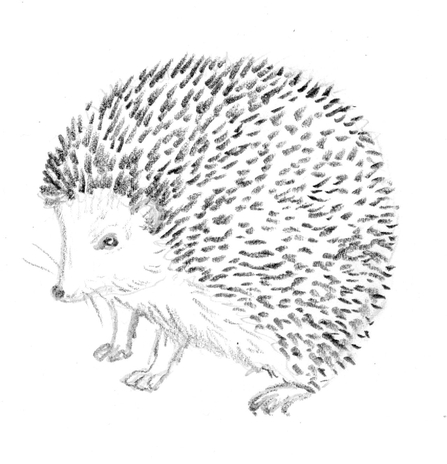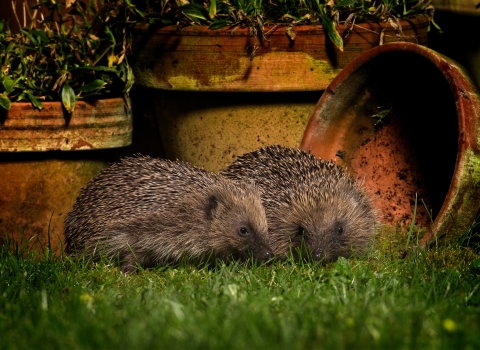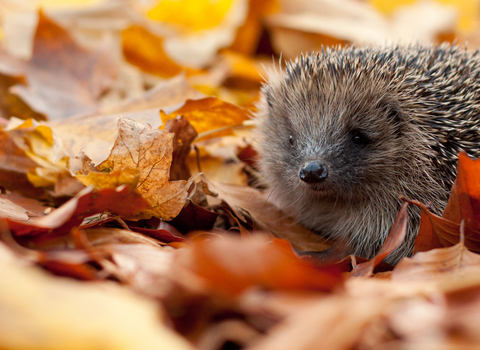Difficulty: varied. Don’t give up: the final round is much easier than the others. Answers at the end in the drop down box.
Round 1: Origins of the hedgehog
- When did hedgehogs first evolve?
- Name up to four continents without any native hedgehogs
- Is the hedgehog related to the porcupine?
- Is the echidna (sometimes called the spiny anteater) a type of hedgehog?
- Name two British mammals that are related to the hedgehog (also in the order Eulipotophyla)
- Hedgehogs hibernate in winter. Can you name the only two other types of native wild mammal in the UK that truly hibernate?
- What is the scientific name of our native European hedgehog?
Round 2: The naming of hedgehogs
- What do we call a baby hedgehog?
- What do we call a female hedgehog?
- What do we call a male hedgehog?
- Can you think of any local names for hedgehogs in Britain?
Round 3: What can a hedgehog do?
- Can a hedgehog climb?
- Hedgehogs do not scent mark. What do they do instead?
- Are hedgehogs any good at swimming?
- Does a hedgehog shed its spines?
- What age can a hedgehog reach in the wild in the UK?
Round 4: Hedgehog anatomy
- How many spines does an adult hedgehog have?
- What are hedgehog spines made of?
- How long is an adult hedgehog in centimetres?
Round 5: Helping hedgehogs
(Looking for help? Many answers can be found here)
- Is the hedgehog officially classified as vulnerable to extinction?
- Hedgehogs have become scarce in our countryside, but wildlife-friendly gardens give them real hope of survival. Name five ways to find out if there are hedgehogs in your garden
- What is the lightest weight estimated for a hedgehog’s winter survival?
- What is considered a safe weight for winter survival?
- How much does a large adult hedgehog weigh?
- What should a hedgehog be given to drink?
- What should a hedgehog be given to eat?
- Should you flea spray a hedgehog?
- Should you seek help for a hedgehog that is about in the daytime?
- Name up to five dangers to hedgehogs in gardens
- Name some garden features that benefit hedgehogs




